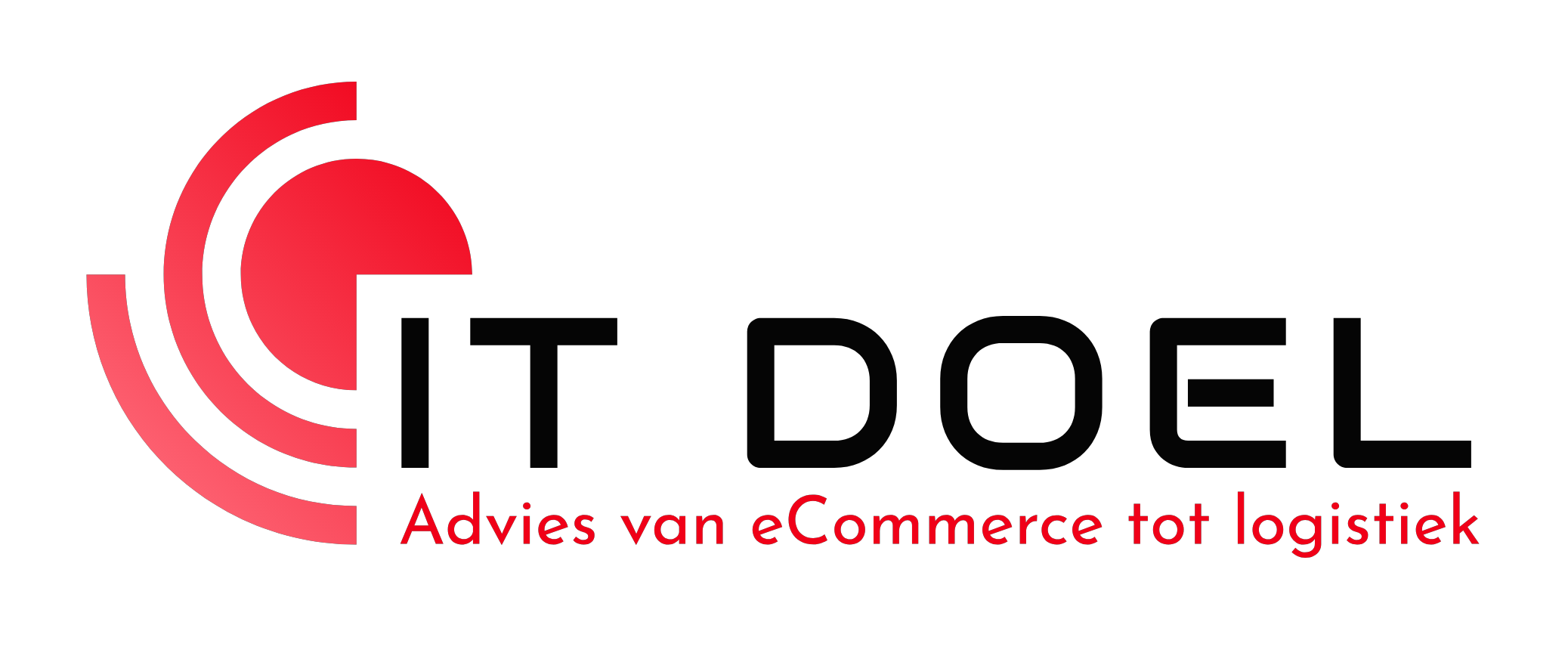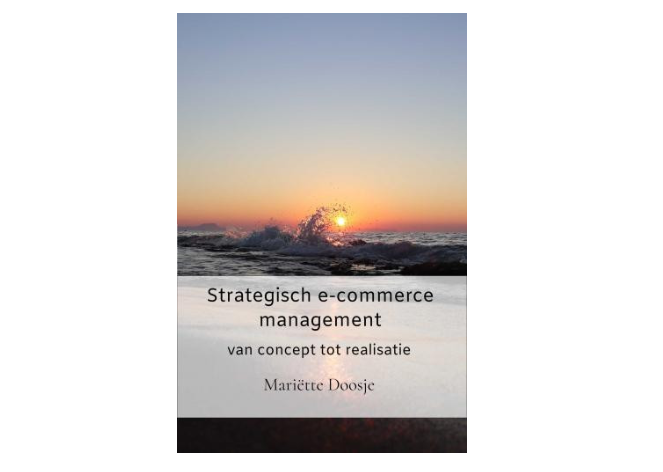Standaard? Maatwerk? Wat is het verschil eigenlijk?
Goede vraag! Want die twee lopen nog wel eens door elkaar en vaak kan je er wel iets bij voorstellen als je een huis laat bouwen, je hebt een tekening waar het huis op staat en wil je een schuifpui in plaats van een deur, dan is dat maatwerk/meerwerk.
In de IT wordt dit “standaard” begrip vrij snel abstract. Want wat in het ene software pakket standaard is, is dat in het andere weer niet…en in sommige software kan je iets toevoegen door middel van een plugin, app, module of iets dergelijks, is het dan nog steeds standaard?
Hoe zit dat eigenlijk met eCommerce software?
Laat ik eerst is beginnen met het uitleggen wat standaard is en wat maatwerk. Standaard software is een programma wat je koopt, huurt of gebruikt zoals het is, zoals bijvoorbeeld Word of een Buienradar app op je telefoon. Het heeft standaard functionaliteit in zich en that’s it. Als je in Word betere opmaak mogelijkheden wil, dan zal je op zoek moeten naar andere software. Vaak zie je dat gehuurde (of gratis) software “standaard” software is.
Maatwerk is een stuk code wat is toegevoegd aan de standaard software om extra functionaliteit te creëren, zodat de software werkt zoals jij dit graag wilt. Soms is het zelfs zo dat de software zelfs volledig maatwerk is. Dit maatwerk is iets wat jij zelf laat maken door een engineer en ook de enige bent die dit stukje code gebruikt. Vaak zie je dat maatwerk software gemaakt wordt op aangeschafte software.
Een app, plugin, module is een extra stukje functionaliteit wat aanvullend geïnstalleerd kan worden in de bestaande software. Deze apps kunnen door meerdere partijen gebruikt worden. Vaak zie je dat gehuurde (of gratis) apps in een abonnementsvorm verkrijgbaar zijn.
Wat zijn dan de voor en nadelen?
Het voordeel van standaard software is dat het makkelijk te upgraden is naar de nieuwste versie, op die manier ben je altijd verzekerd van de laatste beveiliging updates en functionaliteit. Zonder dat je al te veel kosten maakt om gebruik te maken van de laatste versie, helemaal als de software in de Cloud* staat.
Het nadeel is dat de standaard software vaak niet 100% aansluit bij jou specifieke manier van werken. Je bedrijf veranderd voortdurend en software die niet past kan een belemmering vormen in het groeien van je bedrijf. Denk aan omslachtige handelingen om data over te zetten, zoals product informatie vanuit het ERP systeem naar de webshop.
Daarom zijn er apps, plugins etc bedacht om standaard software beter aan te laten sluiten, het is software waarin de standaard niet voorziet, maar wel een grote groep om vraagt.
Het voordeel is hetzelfde als bij standaard software, je doet mee met de laatste ontwikkelingen en het is vaak relatief goedkoop. Het nadeel is dat veel verschillende apps toegevoegd aan standaard software voor conflicten kunnen zorgen en je bent afhankelijk van een extra externe partij die de app moet onderhouden.
Het voordeel van maatwerk is dat het 100% aansluit, de keerzijde is, dat het niet automatisch update en niet mee gaat met de tijd. Een browser die ineens veranderd kan ervoor zorgen dat de hele look-and feel van de shop niet meer is zoals het oorspronkelijk bedoeld was. Of zelfs functionaliteit die niet meer werkt, omdat een script niet meer wordt geaccepteerd.
Advies eCommerce software nodig? Wil je weten welke software bij jou bedrijf het beste past? Stuur een bericht naar: info@itdoel.nl




